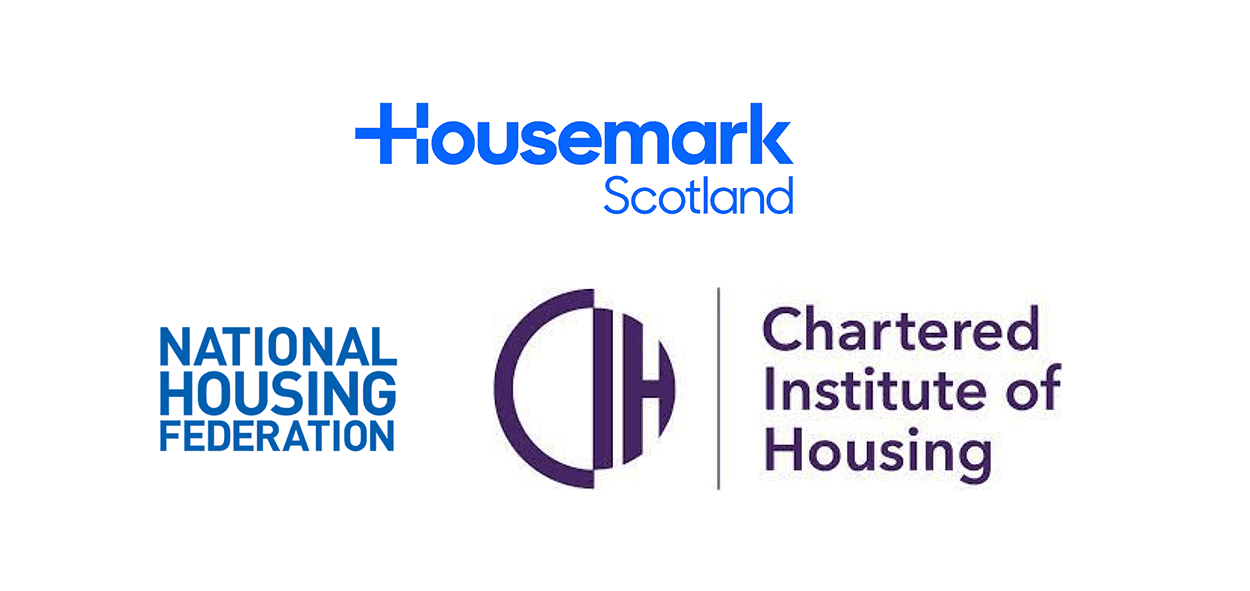Tackling unpredictable spend: A proactive approach
Combating unpredictable repairs spend: A proactive approach
Responsive repairs have always posed challenges for social housing providers, and this year presents even greater difficulties. New legislation addressing issues like damp and mould, tenant satisfaction measures, economic uncertainties, and competing priorities – such as achieving net-zero targets, fire safety remediation, and development – are stretching resources thin.
One persistent issue under these pressures is unpredictable and inefficient spending within repairs teams, often stemming from “maverick” spending behaviours. Providers report operatives favouring certain brands, making unnecessary trips to preferred merchants, or stockpiling discounted products, which amplifies inefficiencies.
Although off-contract spending isn’t exclusive to repairs teams, its impact is especially evident in today’s tough economic conditions. So, what can housing organisations do to tackle this head-on?
- Engage and understand operatives
Understanding what influences purchasing habits is a vital first step. Do operatives face recurring shortages of materials? Are specific brands known for underperformance? This process aligns with the Rethinking Repairs and Maintenance (RERAM) initiative, encouraging staff involvement in improving repair services while promoting collaboration and shared insights.
2. Shift frontline culture
Transforming deeply rooted behaviours requires a cultural change integrated into procurement strategies. By using feedback from staff, organisations can introduce measures like mentoring, training sessions, live demonstrations, and internal communication campaigns to motivate operatives to adopt improved processes. These initiatives can deliver sustained benefits over time.
3. Leverage data
Improved spend visibility helps identify trends and opportunities for change. Technologies such as van stock management systems and account cards can link operatives to purchases, providing actionable insights. To achieve more seamless decision-making, housing associations should aim to integrate siloed systems across departments for better reporting and tracking.
4. Review procurement baskets regularly
Procurement contracts often include a core “basket” of high-volume goods purchased by operatives at discounted rates. Periodically reviewing and updating this basket ensures it reflects current needs and avoids off-contract spending, maintaining around 70% efficiency in operative purchases.
5. A shared responsibility
With a record £8.8 billion spent on repairs and maintenance in 2023/24 – a 13% rise over the previous year—the urgency of efficient spend management cannot be overstated. By engaging operatives, encouraging cultural shifts, optimising data use, and refining procurement practices, housing providers can reduce inefficiencies and achieve better results for tenants and budgets.
A version of this article has featured in Inside Housing, to view please click here.




